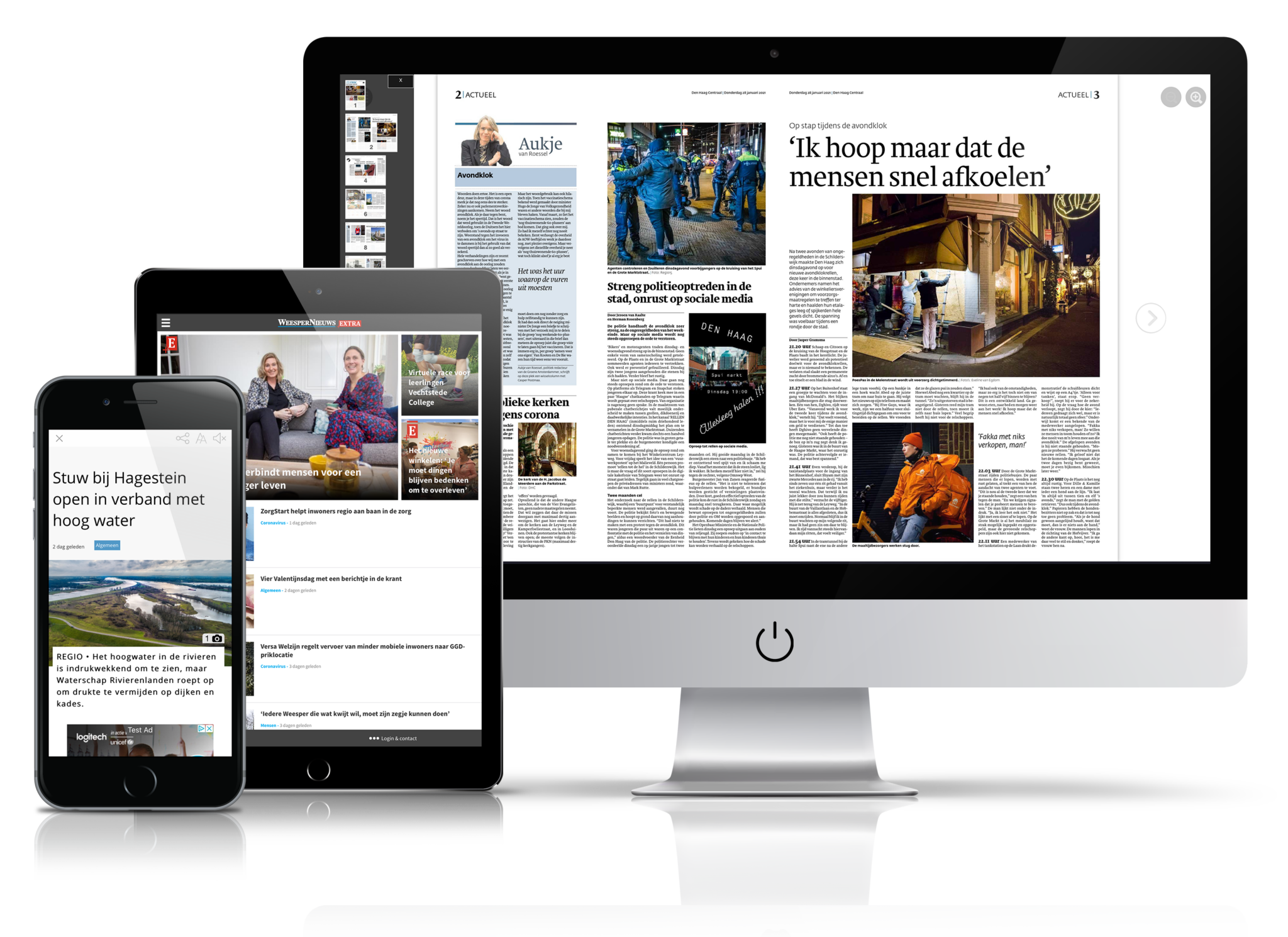Unknown Facts About News Websites
Unknown Facts About News Websites
Blog Article
News Websites for Dummies
Table of ContentsLittle Known Facts About News Websites.Things about News WebsitesHow News Websites can Save You Time, Stress, and Money.What Does News Websites Do?How News Websites can Save You Time, Stress, and Money.
It was down in the UK and Brazil but up a few other nations, such as Greece, Bulgaria, and Poland (News Websites). This year, for the very first time, we asked concerning the different manner ins which people avoid the information and discovered that around half of avoiders (53%) were attempting to do so in a broad-brush or periodic method for instance, by switching off the radio when the information came on, or by scrolling past the news in social media sitesYou stated that you attempt to proactively stay clear of information.

I'm probably selecting to find out more light-hearted tales than I used to currently. M, 51, UK Turning my back on information is the only means I feel I can cope often. I have to consciously make the effort to avert for the sake of my own psychological wellness.
The Best Strategy To Use For News Websites
Discerning evasion of Ukraine news was highest possible in a lot of the nations closest to the conflict, reinforcing searchings for from our additional study in 2015, not long after the war had actually started. Our information may not recommend a lack of passion in Ukraine from close-by countries but rather a need to handle time or protect psychological health from the really genuine horrors of war.
Contrasting Finland with a politically polarised country such as the USA (see next graph) that is less influenced by the war, we discover a very various pattern of subject avoidance. In the USA, we discover that customers are more probable to stay clear of topics such as national politics and social justice, where debates over concerns such as gender, sexuality, and race have actually come to be highly politicised.
American national politics are pretty hazardous these days. I discover sometimes that I have to detach from tales that just make me upset. F, 61, USA For some people, bitter and disruptive political debates are a reason to turn off information altogether, however for some political upholders, evasion is commonly about shutting out viewpoints you do not intend to listen to.

Getting The News Websites To Work
Some are seeking to make information a lot more obtainable for hard-to-reach teams, widening the information schedule, appointing even more motivating or favorable information, or accepting useful or solutions journalism that provide people a sense of hope or personal agency. In our study this year, we asked participants regarding their rate of interest in these different approaches.
This explains why tales like Ukraine or national politics perform well with information regulars yet can at the exact same time turn less interested customers away (News Websites). Careful avoiders are less thinking about all kinds of information than non-avoiders however in relative terms they do seem to be a lot more interested in favorable or solutions-based information

Our News Websites Statements
2023). This may be true in the moment, however gradually it appears to be leaving lots of people vacant and much less satisfied, which may be undermining our connection with and count on the news. Across markets, general count on information (40%) and trust in the resources individuals utilize themselves (46%) are down by a better 2 percent factors this year.
Through the rear-view mirror, the COVID-19 trust bump is plainly noticeable in the complying with chart, though the direction of travel after that has actually been blended. In some situations (e.g. Finland), the depend on boost has been maintained, while in others the upturn looks even more like a blip in a story of ongoing long-lasting decline.
Several of the highest reported levels of media criticism are discovered in nations with greatest degrees of wonder about, such as Greece, the Philippines, the United States, France, and the UK. The cheapest levels of media objection are frequently in those with greater degrees of count on, such as Finland, Norway, Denmark, and Japan.
News Websites - Questions
This visit the site year we asked respondents regarding their choices for text, audio and video clip when consuming news online. Generally, we discover that the majority still like to read the information (57%), instead of watch (30%) or pay attention to it (13%), however more youthful people (under-35s) are a lot more most likely to pay attention (17%) than older groups.
Behind the averages we discover substantial and shocking country differences. In markets with a strong analysis practice, such as Finland and the UK, around eight in ten still like to review on-line information, but in India and Thailand, around four in ten (40%) say they like to see news online, and in the Philippines that proportion is over fifty percent (52%).
Report this page